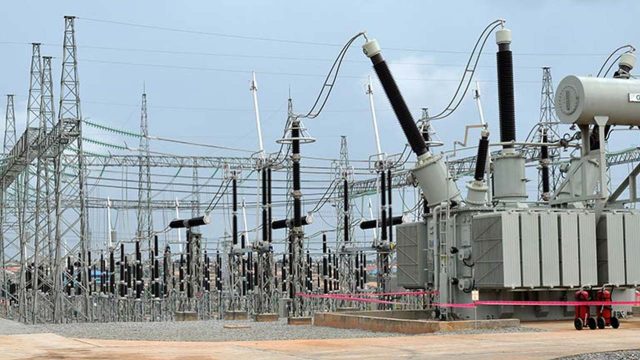The Nigerian Independent System Operator (NISO) has reaffirmed its commitment to digitising the national electricity grid and joining the regional grid synchronisation efforts led by the Economic Community of West African States (ECOWAS).
This comes as Nigeria remains one of the only countries in the region yet to connect its grid to the West African Power Pool (WAPP).
Speaking at the official unveiling of NISO’s new corporate identity in Abuja, the Chief Executive Officer, Abdu Bello Mohammed, said the event marked a significant milestone in Nigeria’s power sector reform journey.
He stressed that the unveiling of the organisation’s logo, mission, vision, and core values was more than symbolic, representing a new era of transparency, neutrality, and efficiency in grid management.
“NISO did not emerge from thin air. It was born out of reform mandated by law and driven by a national imperative,” Mohammed stated, referring to the Electricity Act of 2023, which established the organisation as an independent system operator, distinct from the Transmission Company of Nigeria (TCN).
The Act, which repealed the 2005 Electric Power Sector Reform Act, mandates the Nigerian Electricity Regulatory Commission (NERC) to ensure the independence of system operation from transmission services.
This, according to him, allows NISO to coordinate the grid and the electricity market fairly and without bias.
“What does it mean to be truly independent? It means we coordinate the grid without fear or favour, serve all market participants fairly, and plan proactively for a sustainable future,” he said.
Mohammed emphasised that Nigeria could no longer afford to operate in isolation while the rest of West Africa pushes for greater grid integration.
He reaffirmed NISO’s intention to actively participate in regional energy planning through institutions like WAPP.
On technology, the CEO announced the launch of a digitisation and automation drive in partnership with Huawei, which will include real-time system monitoring, smart analytics, and a modern SCADA/EMS infrastructure.
“This is the kind of progress that turns institutions from reactive to proactive,” he said.
NISO’s newly unveiled mission is to “manage Nigeria’s electricity grid with reliability, efficiency and transparency, enabling a sustainable and competitive power sector that drives economic growth and improves quality of life.”
The vision seeks to establish a robust electricity market that supports national development.
Its 10 core values, integrity, transparency, sustainability, professionalism, innovation, collaboration, reliability, safety, boldness and neutrality, will, according to Mohammed, be central to how staff are evaluated and how the institution operates.







